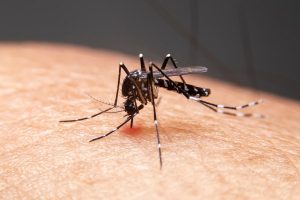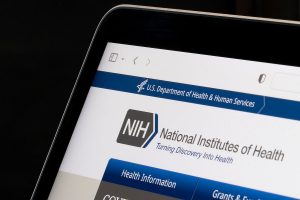Preterm infants who are breastfed do better in school and are less likely to develop attention deficit hyperactivity disorder (ADHD), says a new study.
Preemies have a higher risk of doing poorly in math, reading and other academic skills, previous studies have shown. They’re also at greater risk for ADHD.
But starting them off with lots of breast milk appears to blunt this risk and leads to better brain outcomes in later years, researchers report July 13 in JAMA Network Open.
The study looked at data for 586 babies born at less than 33 weeks’ gestation at five Australian birth centers. The researchers reviewed the amount of breast milk the babies were fed each day, as well as how long parents continued breastfeeding.
Overall, the research team found that higher intake of mother’s milk was associated with higher performance IQ and higher reading and math scores by age 7.
Parents also reported fewer ADHD symptoms for children who drank more mother’s milk as preemies.
Moreover, longer duration of breastfeeding — up to 18 months — was associated with higher reading, spelling and math scores.
“Our study confirms recommended strategies for supporting parents to provide maternal milk for preterm infants,” said researcher Dr. Mandy Brown Belfort. She is director of clinical research with Brigham and Women’s Hospital’s Department of Pediatric Newborn Medicine in Boston, and an associate professor of pediatrics at Harvard Medical School.
“And it strengthens the call for health policies and parental leave policies that support rather than work against parents,” Belfort continued in a Harvard news release. “As a society, we need to invest in families — it’s an investment that will continue to benefit children when they reach school age.”
Because the study was observational, it cannot actually prove that breastfeeding led to academic benefits. The authors acknowledge that other factors may have come into play, too.
More information
The U.S. National Institutes of Health has more about the benefits of breastfeeding.
SOURCE: Harvard University, news release, July 13, 2022
Was this page helpful?
Source: HealthDay
Copyright © 2025 HealthDay. All rights reserved.

















